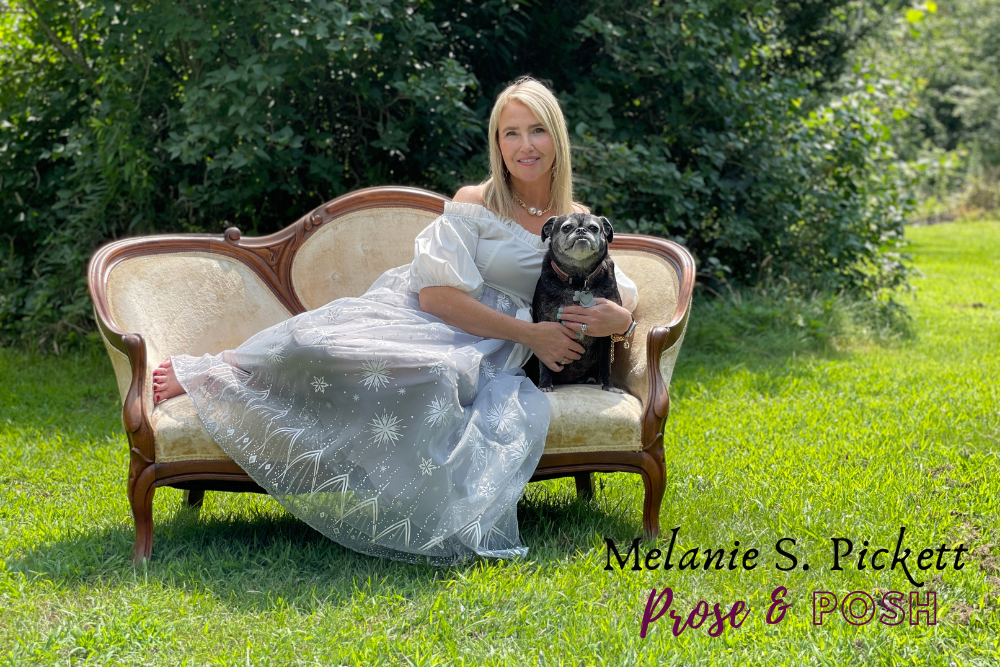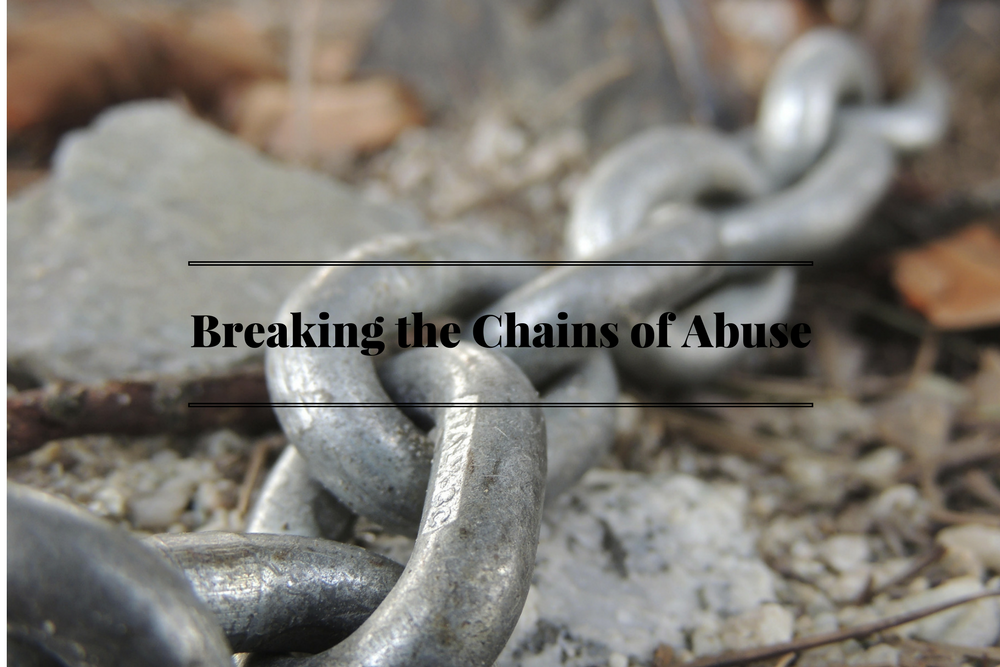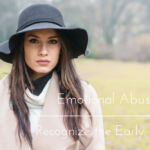October is Domestic Violence Awareness Month. I could begin with startling statistics of “a woman is battered by her spouse every x seconds” or cite how many people die yearly at the hands of their partner. I’m sure the numbers would be sobering, scary, and sickening. They’re valuable numbers but sometimes they’re hard to reconcile. Would they alone move you to help or to recognize the signs in a friend or family member who may be on the receiving end of abuse? Sometimes we assume abuse is visible. It isn’t always. Not all domestic abuse leaves a physical mark. Although when we think of an abusive situation, we may immediately think of a woman donning sunglasses to cover a blackened eye or long sleeves to cover bruises on her arms, physical abuse is not the only abuse that’s both painful and damaging.
Verbal and emotional abuse is typically invisible. It doesn’t leave a mark…on the outside. The scars and wounds that verbal and emotional abuse leave are usually hidden, often deep inside the victim. In an ongoing abusive relationship of this type, the wounds sometimes rarely have a chance to heal over before they’re jabbed again, reopened and bleeding. The abuse is sometimes subtle to the casual observer. The abuser goes to great lengths to hide what he (or she) is up to. But for the person on the wrong end of the pain, it’s devastating, injurious, and demoralizing.
My experience with this is intimate. I was the abused. It was lonely, isolating, and humiliating. I felt I couldn’t confide in anyone because the behavior was so demeaning (and sometimes bizarre) that I felt no one could possibly understand and that everyone would judge. I never felt I deserved it or asked for it, but I also never understood it. I felt like he just couldn’t feel adequate unless he was making someone else (me) feel inadequate. His deep need to feel superior and important fueled him and any time he could see me rise above his abuse, he would lay it on even harder to push me back down. He couldn’t tolerate me having any success or attention. It was all about power and manipulation and maintaining control over another person. It took me a long time to realize the things he called me and said about me had nothing to actually do with me, but they had everything to do with him.
The abuser in this sort of situation is usually savvy. He or she knows when to strike and how. They are astute in knowing how much they can get away with in front of others and still come off looking like a devoted spouse. They are often narcissistic, blaming their significant other for anything and everything, because they (the abuser) are never at fault, not for anything. They cannot accept responsibility for their actions and regularly tell tall tales, tales in which they are always the hero. They pride themselves on being good providers, champions for their families, veritable saviors, so say their public personas. All the while, they are berating the person they are supposed to cherish, at every turn. “You’re not good enough.” “You don’t dress right.” “You can’t cook.” “You don’t really think you can accomplish that, do you?” “You’re lucky you have me or you’d be nowhere.” “Nobody else could ever love you as much as I do.” They lead their mate to believe that the only thing that gives them the slightest amount of value is the fact that they (the abuser) give them the time of day.
Sometimes the abused start to believe the lies. Maybe they really don’t have value. Maybe they really don’t have anything to offer. Maybe they really are lucky to have him or her, because they’d be lost otherwise. Sometimes they just give up and give in, resigning themselves to the (false) fact that this is the type of existence they deserve, that this is all they will ever have, and that they just have to endure it. But they also probably very secretly wish their mate would just haul off and smack or punch them. Violent though it may sound, the physical pain would heal faster and hurt less than the emotional pain they feel with every insult slung at them. And sometimes, they get their wish. Often verbal and emotional abuse is a gateway to physical violence.

The world outside looks happier than the dark existence in which you’re living. Photo: Courtesy David Pickett Photography
Please don’t discount this type of abuse. Mental, emotional and verbal abuses are just as damaging and lasting as any other type of abuse. It hurts and wears on a person. People suffering with this need help just as much as any other type of abusive relationship. And many times things escalate into the physical. If you suspect a friend or loved one may be involved in a relationship of this nature, listen to your gut. Make note of those subtle, backhanded comments from the spouse or other suspicious behavior. Be available for them both and willing to help if the situation deems necessary. Everyone says a cross word to someone they love at some point or other and they’re sorry, make amends, and move on. But when it’s a habit and a means of controlling another individual, it’s abuse as sure as anything and it’s as painful as a fist to the face.
If you’re going through this lonely walk of pain, please know you’re not alone. You have nothing to be ashamed about. You are good enough. You are worthy. Reach out to a trusted friend for help because you are worth saving.











